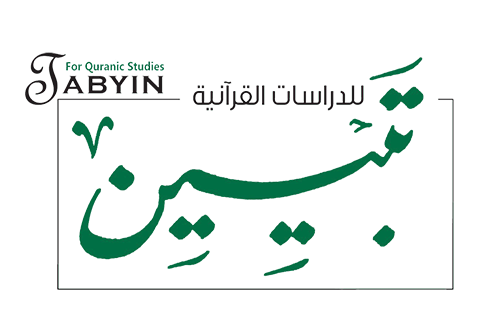This trend grew with the rise of Western materialism, turning modern culture into a constant pursuit of accumulation and showing off possessions. In the face of this, the Holy Qur'an remains the best proof of the power of divine revelation can free the mind, and guides desires towards balance, blessings, and true meaning.
First: Consumption between Need and Domination
It is impossible to understand the contemporary consumerist trend apart from its cultural context, which redefined humans as consumers before they were rational or moral beings. This trend gradually developed in the West alongside the rise of materialistic philosophy, which was accompanied by the industrial revolution, and later became embedded in a complete civilization that made consumption synonymous with success, existence, and identity.
In the past, consumption was a functional activity tied to fulfilling needs, sustaining life, and ensuring a decent living. Traditional agricultural societies knew clear limits between what was necessary and what was excess. Surplus was rare and seasonal. Religious culture also and local customs curbed wastefulness, maintaining the sufficiency.
However, with the rise of capitalist production, consumption shifted from the level of necessity to the level of self-assertion. Consumption became a symbol of social distinction and a measure of individual and class status. With the technological and media revolution, this meaning evolved into a stage of total domination: Western culture no longer just pushes people to buy, but also instills in them the deep belief that their need to possess is endless, and that their essential value is determined by how much they consume and display before others.





Comments